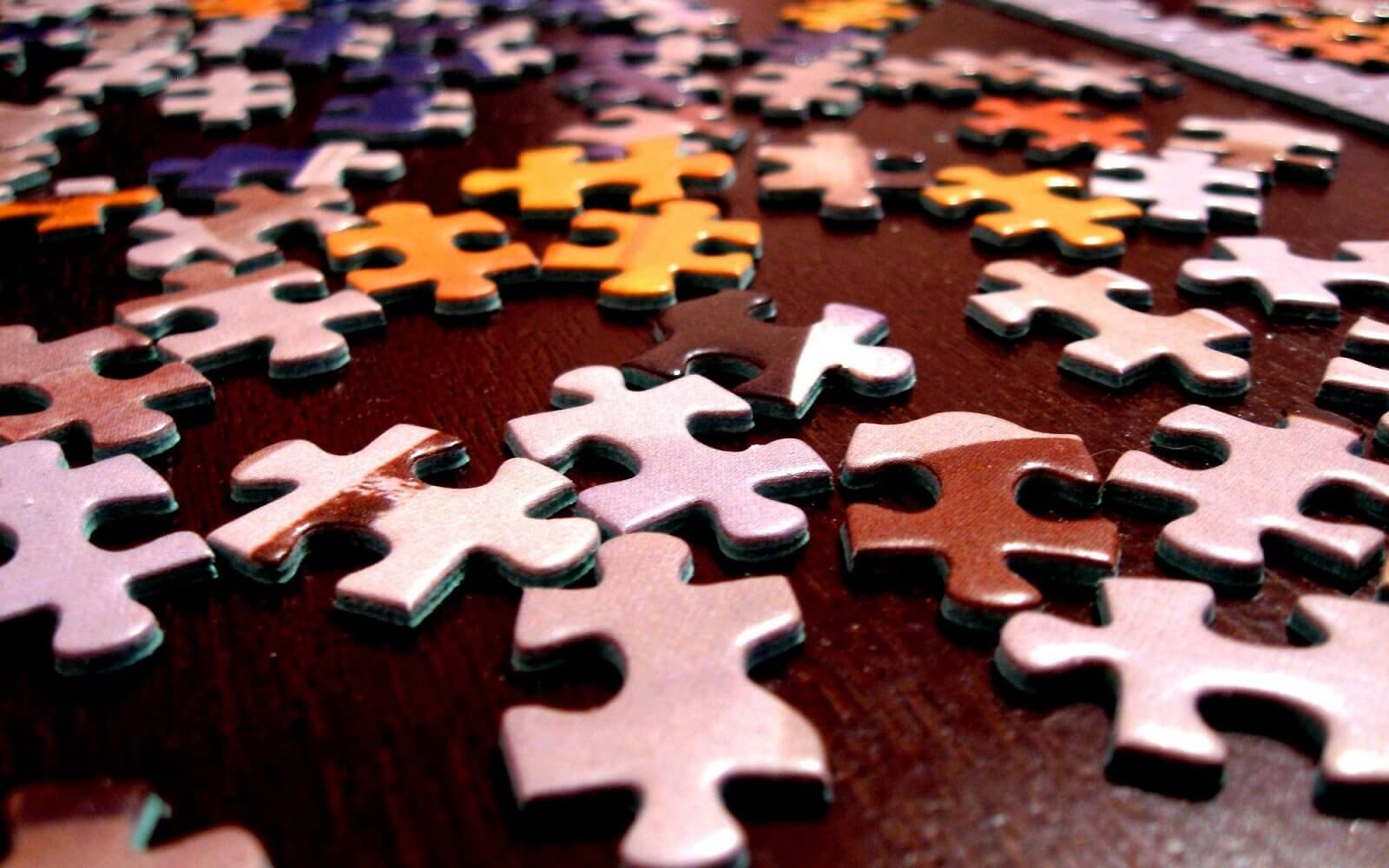Addiction is not just about drug use, lifestyle plays a major role in why we use drugs and alcohol. Lifestyle Group addresses those issues in a judgement free and peer supported way that supports sustainable recovery.
Lifestyles Education Group
“Lifestyles group” is for current clients who have completed the stabilization and withdrawal management period. This recovery focused group meets twice weekly in a 13-week cycle that repeats multiple times throughout the year to accommodate different cohorts of clients. Group participants learn about various lifestyle improvements and explore related health and wellbeing topics that have often diminished throughout years of active substance use and addiction.
Why is Self-Care part of Recovery?
Self–care is critical to the recovery process from substance abuse and addiction. As is practicing healthy eating, getting enough rest, and taking time for yourself. Additionally, other important aspects of self-care include learning how to manage stress and emotions, and how to prioritize physical health. Likewise, we encourage clients strive to maintain healthy relationships with family and friends, and develop a positive outlook on life. Self care gives you time to relax, recharge, and focus on their own needs and goals. Finally, developing healthy relationships with others in order to support and nurture recovery efforts, is important and often neglected in active addiction.
Sustainable Recovery Knowledge Base
Topics include, but are not limited to, nutrition based on the Canada Food Guide, sleep and exercise, stress management, goal setting, and anger/grief management. Additionally, the group provides an opportunity for clients to share their successes and challenges with their peers in an environment of support and encouragement. Overall, the goal of the group is to develop healthier lifestyle habits and improved emotional health, leading to improved quality of life. In addition to Lifestyles Group we offer Yoga twice a week, and twice weekly fitness training with a personal trainer to put into action what is learned around physical health and wellbeing.
Information is related and discussed in various formats:
- Small breakout groups
- Facilitator led discussions
- Lectures and presentations by professionals and subject matter experts
- Films, documentaries, and short clips
- Readings and articles
- Quizzes
- Group led discussions
Participants are encouraged to consider alternate ways of thinking to practice in areas such as:
- Health
- Fitness
- Nutrition
- Conflict resolution
- Meditation and mindfulness
- Relaxation techniques
- Breathe work
- Dental hygiene
- Healthy relationships
- Communication skills
Community Services and Activities
Last Door encourages clients to become active participants in the community. As a result our clients attend events, and volunteer when they can. Equally important, we believe that being involved in the community is a great way to meet new people, expand your horizons, and learn more about recovery. A variety of opportunities are provided for our clients to get involved, including volunteer and paid positions, as well as attending community events and festivals. Lastly, provide clients with resources to help them find volunteer opportunities that fit their interests. This group helps build the interpersonal skills needed to make those connections and build community.
Building Recovery Capital
The goal of the group is to equip clients with the skills and support necessary for them to lead a healthy, sustainable and successful life in recovery. As a result of teaching these life skills and providing a learning environment free from shame and judgement we are able to help clients become more confident in themselves and their ability to abstain from drugs, alcohol, and other process addictions. Moreover, Lifestyles Group allows clients to explore, discuss, and practice skills that will help them live a balanced and healthy life. Building personal recovery capital in this way is an important part of staying sober. Finally, developing healthy life skills can help you in your recovery to stay on track and continue to make progress in your recovery journey.
Why REC-CAP and ROSC?
Recovery Capital is a strengths based approach focusing on the breadth and depth of internal and external resources that can be used to overcome barriers to sustainable recovery. Consequently, this is part of Last Door’s effort to build a Recovery Oriented System of Care (ROSC). ROSC is a system of coordinated services and supports that centres on the person and building their strengths and resiliency to build recovery. Because of successes found through evidence based research on ROSC Last Door has focused our efforts on building our community to reflect the best practices of that research.
If you or someone you know is suffering from addiction reach out and let us help you figure out the best path forward to recovery.
Keep Reading
A loved one needs help
Addiction harms the entire family, and recovery can heal the damage. Our free…
10-Day Addiction Treatment Intro to Recovery Program
Considering treatment for your substance use? Not ready to commit to a longer…
Case Management with Family
Families stay informed during their loved ones addiction treatment program

